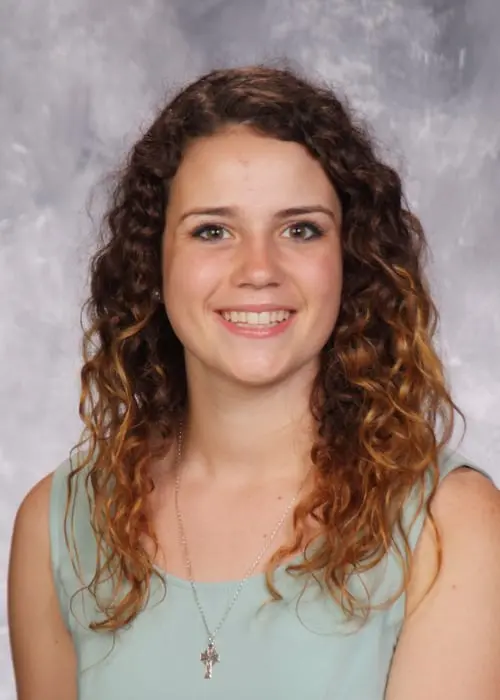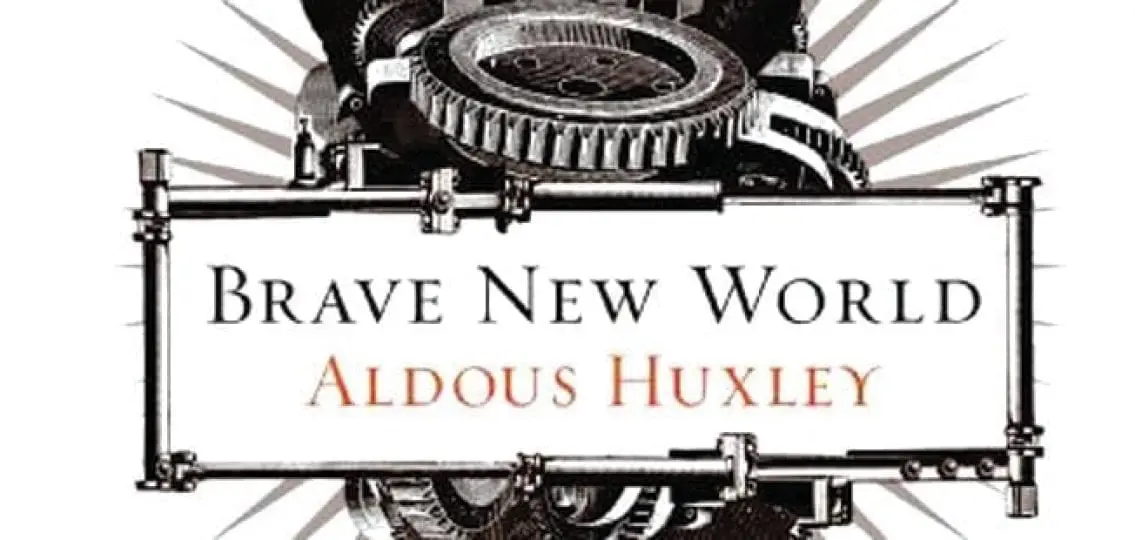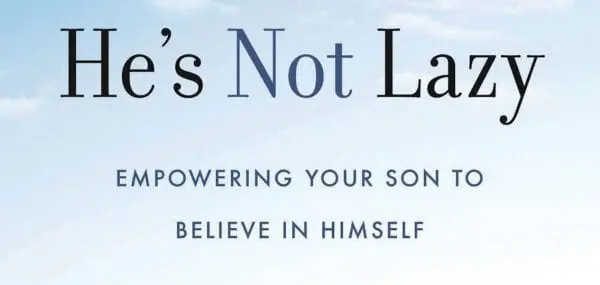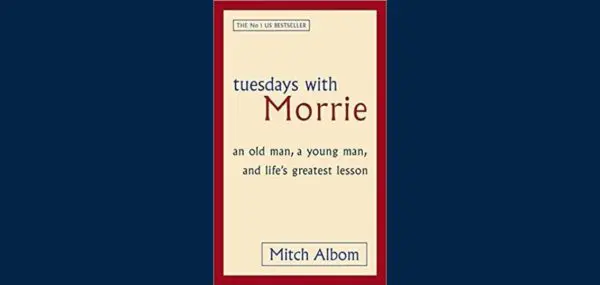This classic dystopian novel illuminates very clearly how the fears of eighty years ago still remain today. Only by looking to the future, and to the past, can readers come to understand what it truly means to be happy.
TEACHER REVIEW | by Matt Peterson
Published in 1932, Aldous Huxley’s futuristic, anti-industrial dystopia, Brave New World, offers a blithe picture of a bleak possibility. The novel is set in an era called After Ford (A.F.) and by 632 A.F., global civilization has solved over-population, geo-political violence, unemployment, class conflict, and social malaise—all within the pillars of Community, Identity, and Stability.
To us, perhaps, it sounds like the citizens of the World State have it all. Until we count the cost. For the people of “Our Ford,” the best way to “have it all” is not, actually, to have it all. Instead it’s to change the terms, to constrain and redefine the goal. Fordians live by a narrower bandwidth, free from the chasms of life, but also alien to its heights. They exchange happiness for pleasure and quality for quantity. As readers, we can’t shake the notion that Huxley’s future gains stability at the cost of what truly gives us life: purpose, love, and belonging.
At the start of each school year, to reclaim my educational footing (as much for myself as for my students), I take to the chalkboard and define what fiction is: “an imaginative response to a social reality.”
By implication, all serious fiction is prophecy. It is a call to the masses and to the human heart to reconcile what we are becoming with all that we should become. Huxley’s dystopia is not about the future. It’s no cautionary tale, but an indictment of the principles we live by. Huxley’s readers are shocked, not by how shallow his future is, but by how similar it is to their own.
No spoiler alert here: I don’t know the end of our story. We are, as Rainer Maria Rilke said, living our way into the answers. We read on to learn the fate of Lenina Crowne, Bernard Marx, Helmholtz Watson, and John Savage. And we read to learn to author a fate different from theirs—a fate far richer, even if refined by the crucible of an uncertain world.
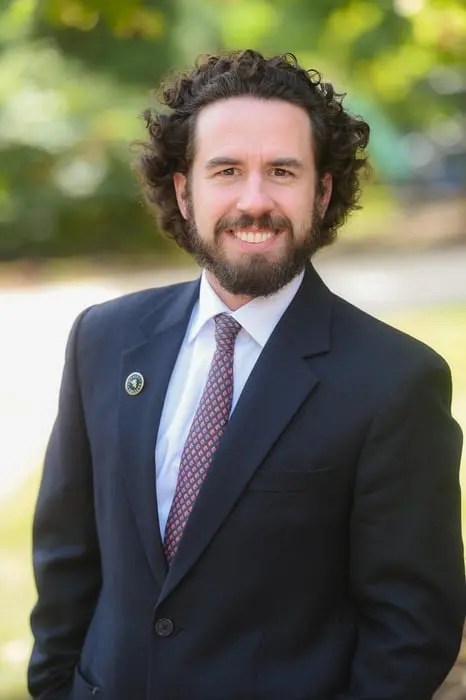
TEEN REVIEW | by Lexi Hubbel
Brave New World is a stunningly current novel that presents social critique through a dystopian world. The conversations prompted by this novel are no less relevant today than when the book was first published 83 years ago.
Huxley fabricates a world centered on the pillars of “Community, Identity, and Stability,” one that has chosen to “shift the emphasis from truth and beauty to comfort and happiness.” This society achieves comfort and happiness through pre-birth conditioning of its members. You have a predestined role, and in that role you are happy, desiring nothing greater. When you slip away from happiness, you drink a soothing beverage called soma “to calm your anger, to reconcile your enemies, to make you patient and long-suffering.” Rather than bothering with the complexities and instability caused by families and marital relationships, in this society “everyone belongs to everyone else.” You have no mother. You have no spouse, no god to rely on. Instead you rely on the system, the soma, the conditioning.
Then a man called “the Savage,” raised by his mother with beliefs founded in God, disrupts the system. He exposes this carefully planned world to life dictated by passion. For the Fordians, this is an entirely unfamiliar concept. The Savage is familiar with the highs and lows that accompany the intense feelings of passion. He brings about the instability this world works to control.
Brave New World prompts readers to reconsider their own values, and how through these values they find meaning—whether they choose the path of happiness, or truth, or perhaps a combination of the two.
